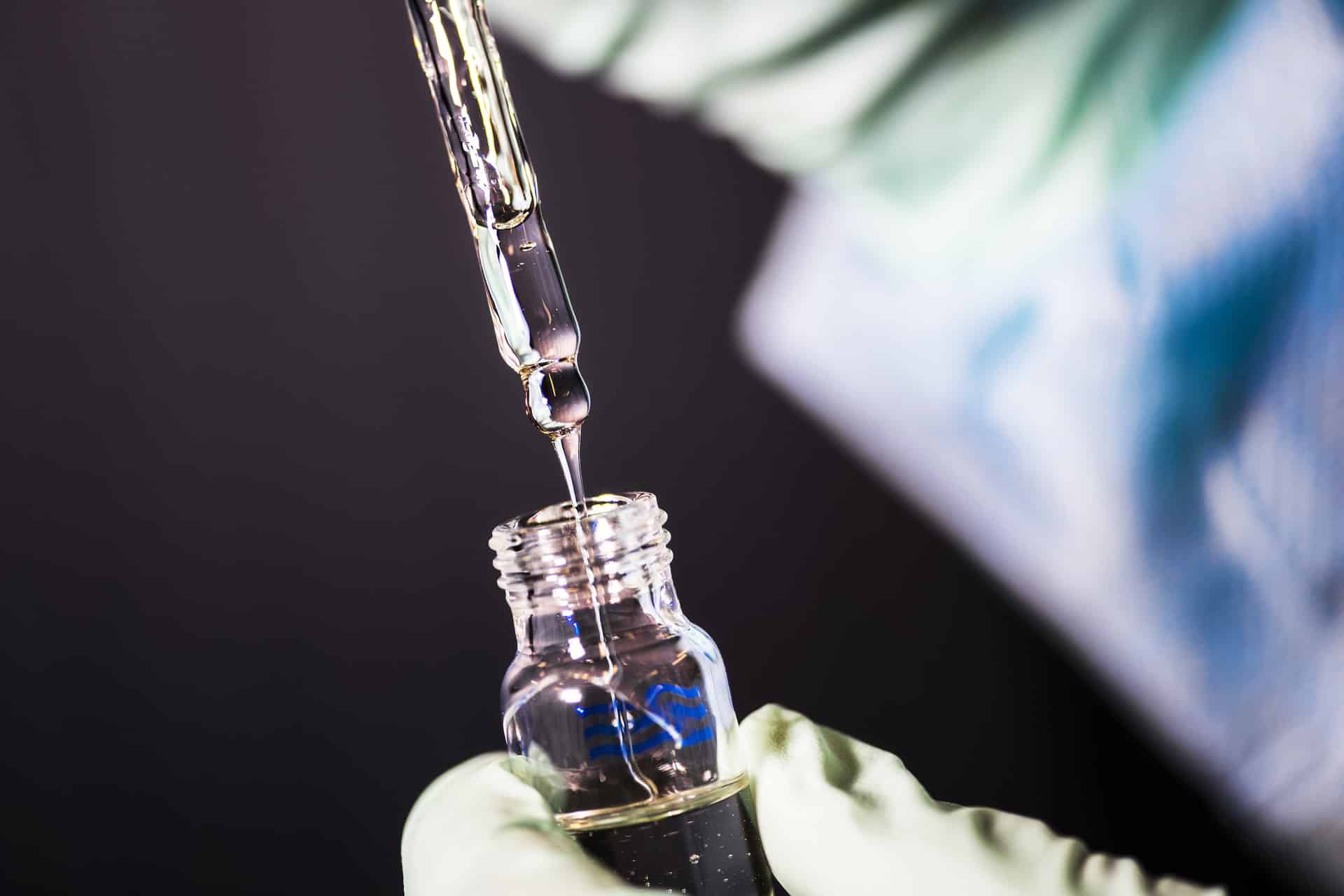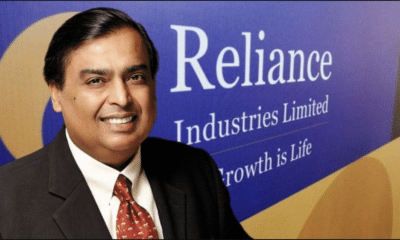COVID19
Reliance Life Sciences gets nod for clinical trials of protein-based COVID-19 vaccine
Reliance Life Sciences received green light from the drug regulatory authority on Thursday to conduct clinical trials of its protein-based COVID-19 vaccine. This will be a recombinant protein vaccine, similar to the one which is being developed by Biological E.
Sources have told the local media that the Subject Expert Committee (SEC), which advises the drug regulator on vaccines and new drugs, reviewed the company’s application and is learnt to have recommended it for approval. The sources said the vaccine under development is a recombinant protein-based COVID-19 vaccine, and is expected to be launched by the first quarter 2022. Reliance Life Sciences had started the development process in 2020; the vaccine entered the pre-clinical stage in October.
The phase I clinical trials aim to obtain reliable information on the safety, tolerability, pharmacokinetics (PK), and mechanism of drug action of the vaccine with the aim of determining the maximum tolerated dose (MTD). A source said the phase I trials are usually conducted for 58 days to test the potency of the tolerated dose. After this, the company can then apply for phase II and III trials.
Meanwhile, India has achieved a milestone by crossing the 61.10 crore cumulative vaccinations across the country – administering at least one dose of the COVID-19 vaccine to half its eligible adult population. On Thursday, India completed administering 47.29 crore first doses which is 50.30% of this projected adulated population; and daily vaccinations have averaged 52.16 lakh doses in August, compared to 43.41 lakh administered in July.
Official data states that 99% of healthcare workers have received their first shot, and 83% are fully vaccinated. All frontline workers have received their first shot, and 79% are fully vaccinated. However, the four big states Uttar Pradesh, Bihar, Maharashtra and West Bengal are yet to achieve 50% single dose vaccination cover.
Also Read: Avni launches a range of plant-based menstrual hygiene products
Dr Balram Bhargava, ICMR Director General, pointed out that vaccines do not prevent the disease but reduce its severity and hospitalization, and that wearing masks should continue to remain the priority. He believes that only fully vaccinated people should attend social gatherings. “The second wave is still on in India. In some states, an upsurge is being observed in a few districts. We have 41 districts with a weekly positivity rate of 10%. The population density is causing the spread wherever COVID-19 appropriate is not being observed, we are seeing a surge of cases.”
Bhargava highlighted that the vaccines are disease-modifying vaccines; they are not disease preventing vaccines. “Therefore, it is very important to continue to use the mask even after vaccination of one or two doses. Vaccines reduce disease severity, reduce the possibility of hospitalization, and also avoid death to tune of 98-99%. Mass gatherings have to be discouraged, and if attending or gathering is critical, full vaccination should be the prerequisite.”










































